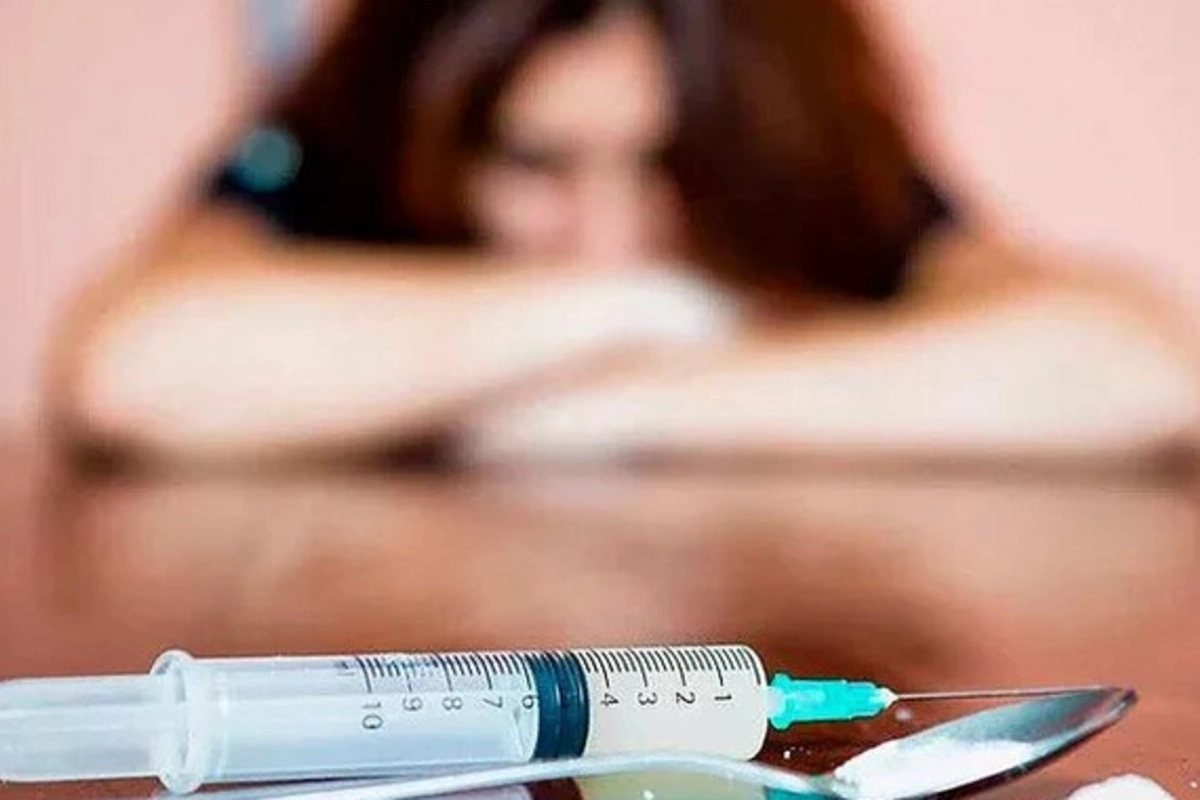20 Jun , 18:29
0

Drug Addiction: Beyond Brain Chemistry - Why It's a Complex Disease, Not Just a Weakness of Will
Addiction specialists are raising the alarm: drug addiction is a complex phenomenon affecting not only biochemical processes but also psychological, social, and cultural aspects of a person's life. Experts unanimously agree - this is not simply a lack of willpower, but a real disease requiring comprehensive treatment.
How the Brain Falls into the Addiction Trap
During the first contact with a narcotic substance, a real firework of activity occurs in the pleasure centers of a person's brain. The reward system releases dopamine into the bloodstream - a neurotransmitter responsible for feelings of euphoria and bliss. However, with each new intake, the body adapts, reducing the natural production of these substances.
The result is disappointing: an increasingly larger dose is required to achieve the previous effect. It is at this moment that both physical and psychological dependence begins to form, drawing a person into a dangerous spiral.
Why Do Some Become Addicted While Others Don't?
Addiction specialists assert: there is no universal answer. A whole complex of factors influences the formation of addiction:
Genetic predisposition. Some people are more vulnerable to chemical dependency from birth. Their brains react differently to drugs, and their craving for repeated use may be stronger.
Psychological state. People suffering from depression, anxiety, feelings of loneliness, or post-traumatic disorders more often seek an "escape" in drugs. They may use psychoactive substances as a way to numb pain or anxiety.
Environment and surroundings. Teenagers and young people who grew up in dysfunctional families or circles where drugs are considered normal are more likely to start using. The influence of friends and loved ones plays an enormous role.
Social and economic conditions. Unemployment, lack of life prospects, poverty - all these contribute to a person losing motivation and seeking oblivion in narcotic substances.
Path to the Abyss: Stages of Addiction Development
In the early stages, a person controls their use, often convincing themselves that they "can stop at any moment." But the brain gradually ceases to function normally without a dose. The person can no longer feel joy, energy, or calm without the drug.
At the next stage, social connections break down, health deteriorates, legal problems arise, and life begins to revolve exclusively around getting the next dose. At this stage, a person no longer has the ability to stop without the help of specialists.
What Experts Say About Addiction Treatment
Modern specialists increasingly state: addiction is a chronic disease, like diabetes or hypertension. It requires long-term, sometimes lifelong treatment. Simply "quitting" rarely gives long-term results.
Comprehensive treatment includes:
Medical detoxification
Psychotherapy (individual and group)
Support from family and loved ones
Social rehabilitation
Education and occupational adaptation
Prevention is more important than treatment
Psychologists emphasize: the earlier prevention begins, the less risk there is of falling into the addiction trap. Education, support for adolescents, development of emotional intelligence and stress management skills - these are the steps that help create resistance to drugs.
Drug addiction is not